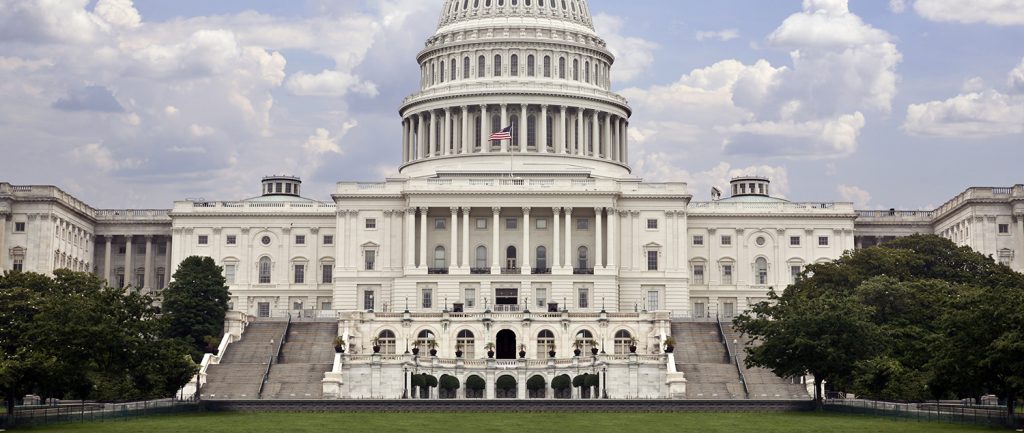Congressman Jim Hagedorn spoke with farmers and commodity groups during a panel at a New Ulm dairy farm as part of Farmers for Free Trade’s whistle stop tour to promote the United States Mexico Canada Agreement (USMCA).
“I’m voting for USMCA and am excited for an agreement,” Hagedorn told the audience. “Minnesota farmers produce the best ag products in the world, but it’s been rough sledding out here in farm country, so we need to see progress.”
Under the North American Free Trade Agreement (NAFTA), farmers and agricultural businesses were able to grow their exports by 450 percent, accounting for $40 billion in ag exports in 2018. Additionally, agricultural businesses were able to use increased revenue from growth to create jobs for 43 million Americans. In Minnesota alone, NAFTA creates more than 10,000 jobs.
Since NAFTA was enacted, Mexico and Canada have become the second largest market for U.S. soybeans and soy products, equating to $2 billion annually. Over the past 25 years, U.S. exports to Mexico quadrupled and exports to Canada doubled. As a result, Mexico and Canada now account for nearly 30 percent of all U.S. ag exports.

Hagedorn, who represents Minnesota’s First Congressional District, said he’s spoken multiple times with Trump administration officials about the need to lift tariffs and pass USMCA. Earlier in April, Hagedorn rode in the presidential motorcade during the president’s visit to Minnesota. Hagedorn told the audience he urged the president to finalize a trade deal with China.
“The message was: ‘It’s time to deliver,'” Hagedorn said.
According to Hagedorn, the president replied, “If they like Trump now, they’ll like him more in four weeks from now,” presumably hinting that the trade war with China is nearing a conclusion.
“(The administration) gets it,” Hagedorn said.
Angela Hofmann of Farmers for Free Trade hosted the event. The group is embarking on an 11-state, 3,500 whistle stop tour to drum up grassroots support for passing USMCA (aka the new NAFTA). USMCA was signed by the United States, Mexico and Canada in November 2018. Once ratified by all three countries, the new agreement will replace NAFTA, securing trade relations with key export markets.
“(Passing USMCA) is not a political issue but an economic one,” she said. “This is so important to our farmers and economy.”
Tags: trade, usmca




